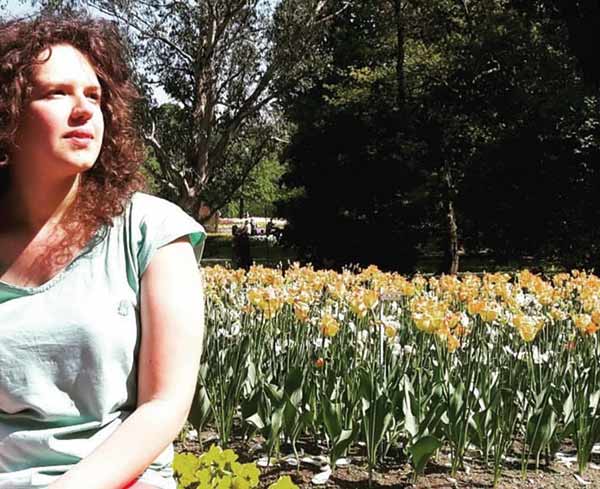The paradox of environmental sustainability
After talking about sustainability "in my own way" in the last two editorials of 2019, I received a letter from a young graduate scholar of the subject, bitter-sweet in her sincerity, which I propose to the attention of our readers.
Given the complexity of the topic, I find it important to open an unprejudiced discussion in the magazine, with the aim of adding elements of clarity and reflection. Stefano Lavorini
Dear Director,
a few months after taking my second degree in Environmental Sciences, and with a thesis on the environmental sustainability of flexible packaging, I find myself up against a paradox: everyone talks about environmental sustainability and what is or isn't ecological ... But, I am compelled to ask myself, does everyone really know the meaning of sustainable? Or ecology?
Based on my experience, my reply is that these concepts are still little considered and little studied in depth, both by ordinary people and by a large number of companies. They are often considered tasks that are difficult to administer or of secondary importance.
Others consider them tedious and as soon as they hear the terms "environmental certification" or "Life Cycle Assessment" they anxiously turn to people like me for an explanation: partly because they don't know exactly what the terms mean, partly because they are happy to pass the "hot potato" onto the first intern they find.
Obviously, to be scientifically approved and have an industrial and market value, the certifications must be verified and validated through the use of algorithms and mathematical tools. To carry out these procedures, various types of data are necessary which, from my point of view appear difficult to find. It seems that the important thing for a company is to sell a product, even without the slightest awareness or interest as to its environmental effects and consequences.
This is indeed a pity, in that having correct environmental and product sustainability certification inevitably helps sales in a variety of ways. Not to mention that, sooner or later, these certifications will become mandatory for the trade of any product ... So why continue to be sceptical or postpone compliance to these rules, when there are experts ready to provide advice and assistance?
At university level, there is in-depth knowledge of the environment and research, but it seems that the outside world does not want to know about it. Everyone has the word "environment" on their lips, but most people are not really truly involved nor do they have the knowledge to enter into a conscious discussion.
Very often I find myself disputing with people who believe that my course of study is the same as Biology or Chemistry, or that "when I grow up" I want to work for GreenPeace or with Greta.
I reply with a circumstantial smile, explaining that the Degree in Environmental Sciences should be better known and sponsored, just like degrees in Medicine and Surgery. This is because man must put the environment in which he lives before his own interests: man must not prevail over the environment, but learn to know and respect it.
In its own way, the environment is crying out for help and it’s up to us to heed its cry. If nothing else we might try to listen to the voices of the "doctors of the environment", who after years of study and specialization risk being ridiculed by contemptuous heads of state, bedeviled adolescents or by rules and taxes of questionable value and meaning.
Obviously, when all the preconceptions lapse and man truly gains an environmental conscience, we will be able to intelligently discuss ecology and environmental sustainability, the recycled and the recyclable. Concepts, which even today, still seem to me taken as abstract, and are often muddled and confused.
 I am 25 years old and I am working on my thesis on environmental sustainability at an important flexible packaging manufacturer.
I am 25 years old and I am working on my thesis on environmental sustainability at an important flexible packaging manufacturer.
I hope to soon see a new "industrial revolution", which places the environment at the center of all industrial or business activities, but the aboveall contributes to raising awareness among individuals. No-one excluded.
Letter signed by Giulia Montaguti




















